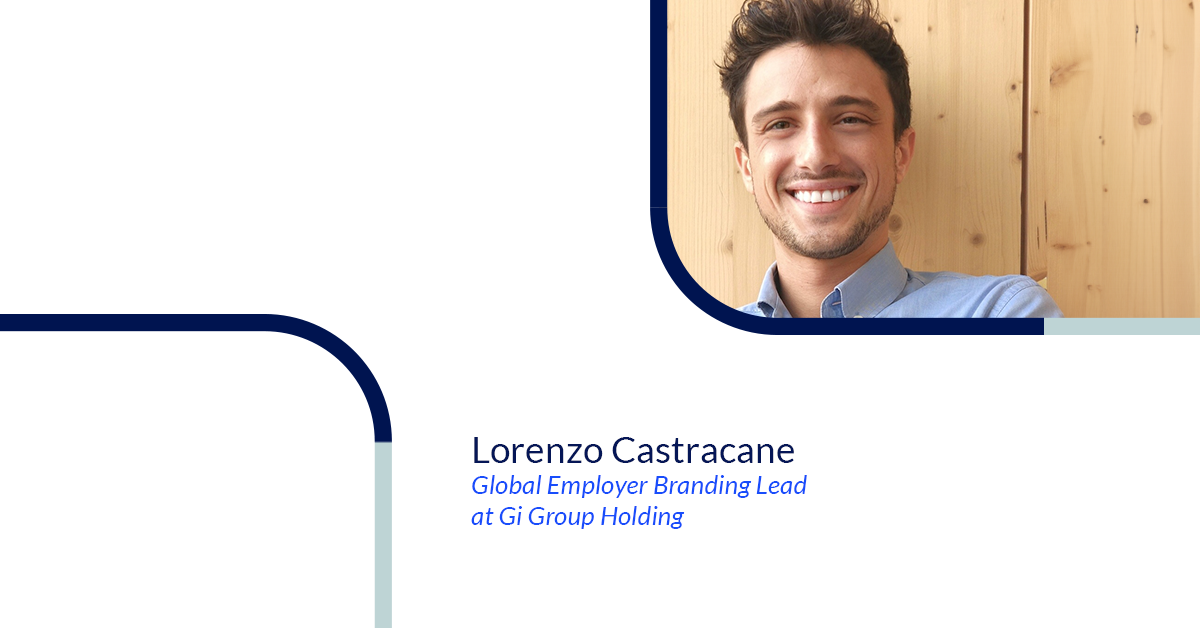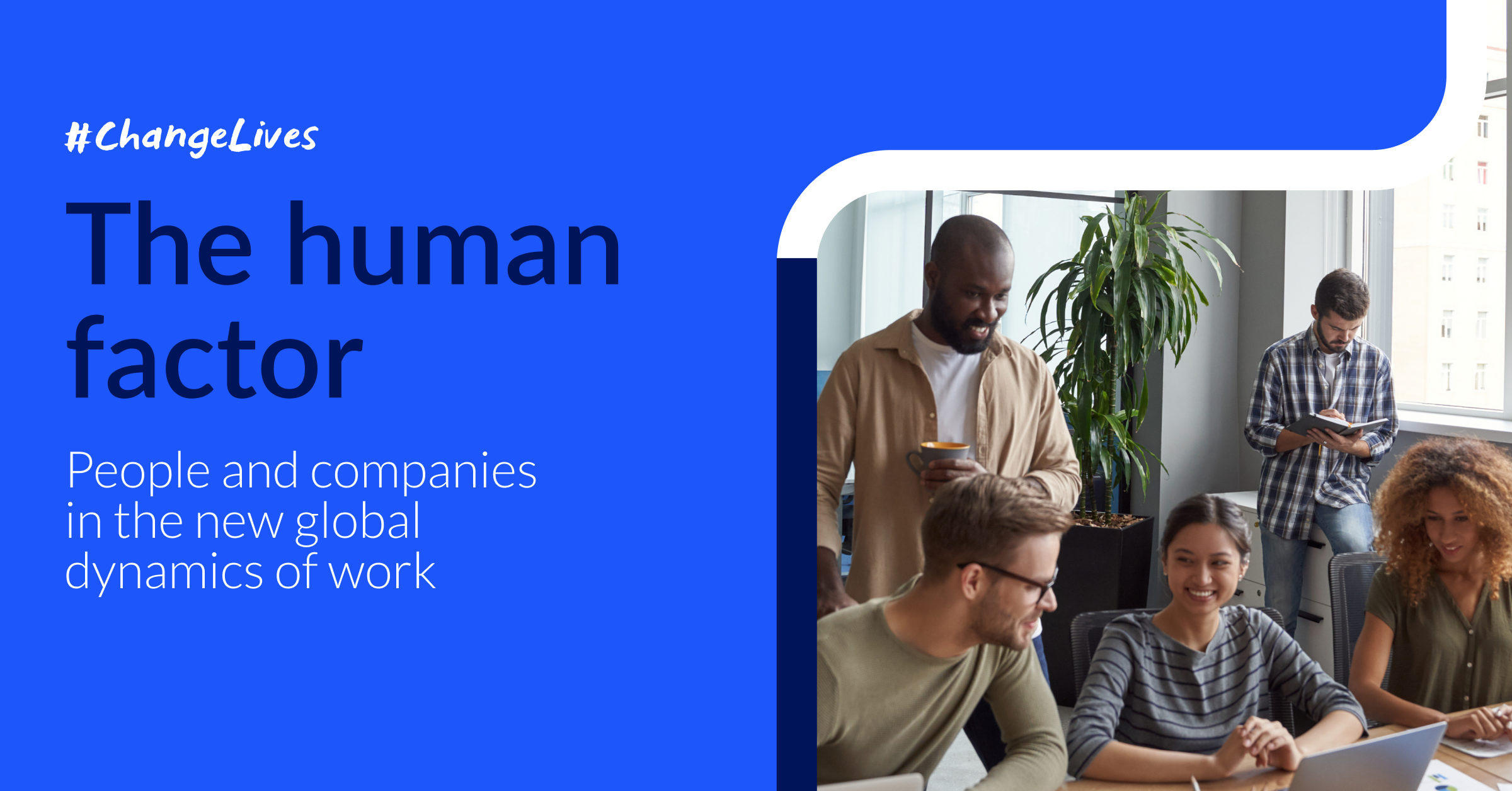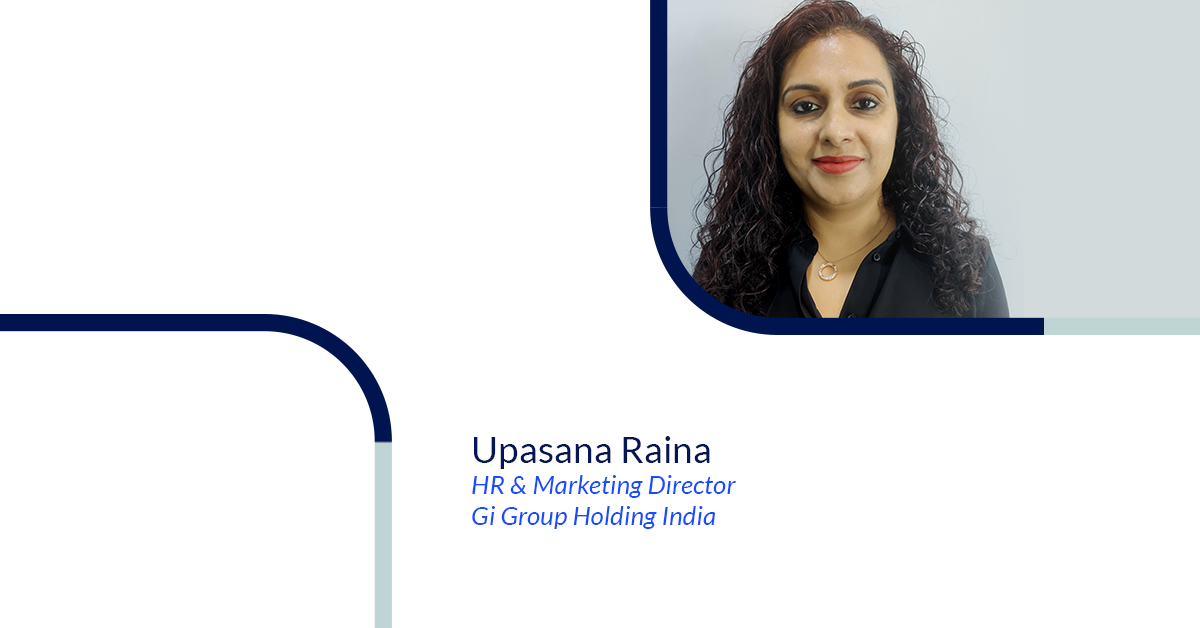How to achieve success in welcoming new team members and building a unified people culture

Featuring insights from Maria Luisa Cammarata – Global Chief People Officer Gi Group Holding
At the start of the year, Gi Group Holding concluded its agreement to acquire Kelly Services Europe. This involved bringing completely new markets into the Group. As this was the company’s 51st acquisition, the teams at Gi Group Holding are used to post-acquisition integration processes and have a wealth of experience to draw on. However, the scope of this current team merger project is one of the largest the Gi Group Holding HR teams have ever had to manage.
Proper planning is critical for a successful integration
The current team-merger process involves 14 markets and roughly 1000 people. The project has been formidable but past experience and detailed planning have ensured that efforts have run smoothly so far. “Scale and size have definitely been the biggest challenge for us. Plus, there are the specificities of the individual markets. They differ in size of operations, number of employees, breadth of client base and also services offered. Some of the markets are new to us, so we had to do our homework carefully to make sure we knew internally what we wanted or expected from each country and what the best way would be to communicate that to local teams,” explains Maria Luisa Cammarata – Global Chief People Office at Gi Group Holding.
The Gi Group Holding team was quick to do thorough mapping of overall expectations from company teams and to plan the integration roll out well in advance. Knowing that communications on the impacts of the integration and related changes would be necessary at the start of this year, the Holding’s HR department assigned key senior managers and support staff for visits to individual countries. This included intensive discussions with local office heads and their teams on finding the best, right ways for handling processes in their markets (team review, role requirements, service priorities, client needs monitoring, etc.). Understandably, what works for the team in Ireland would be slightly different for our colleagues in Spain or the Netherlands. There was also the need to factor in strategies for prioritising key decision-making processes and timing announcements for communications. Maria Luisa Cammarata explains, “Timing was critical. We knew some decisions would need to be made quickly: from day one. And we also had to bear in mind that these were procedures that would impact people’s lives. We needed to communicate in an open, fair manner. So we had planned a lot of decisions even before closing the transaction so that we could speak to Kelly Services teams early on and deliver clear, accurate information. I think we definitely benefited from our acquisition of Kelly Services’ operations in Latin America three years ago. That gave us some insights into the types of teams and work approaches we would need to integrate. Thanks to that, we have been able to interact with employees in a style that is meaningful for them.”
Communications and values alignment
With all post-acquisition integrations there is an important initial phase where you work to blend and build new teams that incorporate the best skills and services of the acquired business. At the same time though, you need to ensure delivery approaches align with the overarching values and mission of the acquiring company. In this case, Gi Group Holding teams needed to ensure, and will continue to monitor, that their new colleagues have the tools and training that help them embody the Change Lives proposition that pervades all Gi Group Holding services.
The core of the entire integration is our focus on people. We work to show our new colleagues how the Change Lives philosophy works in action and we demonstrate that we care about them and their role in realising our future people strategy. We understand that in modern company cultures investment in people is a priority for most employees and job candidates. So a big part of our efforts involve showing new team members that they will have meaningful work, that their day-to-day jobs will have an impact on others, and that we will listen to their needs and certainly reward extra effort and hard work,
adds Maria Luisa Cammarata
Continuity is these processes is vital. Thus, employee care and performance reviews continue into the medium and long term throughout any well-planned integration and, in best case scenarios, build on strong strategic plans and adhering to guidelines for core work or operational competencies.
A further part of people care processes in well-conceived integrations involves engaging in open and regular communications. For this particular project, the Gi Group Holding team started its communication efforts with Kelly Services employees the day after the closing of the agreement was approved. “We put a lot of emphasis on openness and consistency,” explains Maria Luisa Cammarata while adding, “Our efforts began immediately with a town hall meeting hosted by our global CEO who provided a broad overview of our plans for the integration and where things were headed. Only two days later, we had all our regional managers on-site in the company branches hosting further town halls for country teams and providing more details while taking advantage of the opportunity to chat with employees in 1:1 formats where possible. The goal was to instil employee confidence in the process and assure them we had a clear plan in place and that impacts of the integration and employee feedback will be reflected in our monitoring tools like our upcoming Energy Matrix Survey where Kelly Services team members will most certainly bring new perspectives and fresh points of view.”
The Holding’s experience with previous acquisitions also did a lot to inform what the integration process structure and phases would look like. We put chief regional officers, global function heads and global practice leaders in the first line to support all country teams. Then, we had a group of integration managers in place to define individual project steps and make sure they were carried out effectively. The teams planned to move quickly on findings from their pre-close research and make early announcements about persons taking on or remaining in leadership positions. Priorities were defined in terms of how many business lines would be operating in specific markets; what client structure would look like – including mapping key accounts and services needed for those partners; which roles will remain relevant or vital to the future business; and which will be merged into others or possibly even be handled through outsourcing.
Ultimately, any post-merger integration process has its fits and starts along with specific challenges for blending teams and getting full employee buy-in. However, these processes need not be overly complicated. It is usually about listening to what people involved in the process, and the data, are telling you: 1) are employees happy and staying with the company; 2) are clients satisfied and indicating interest in new services or renewal of current service orders; and 3) are performance indicators stable or even increasing. If these benchmarks have been achieved, then the business should be doing well. However, it is important to keep on monitoring the people element of the process – namely employee happiness and engagement. In this regard, Gi Group Holding is willing to go the extra mile and has built a solid rewards programme to ensure that its hardest-working, most committed employees are recognised for their efforts. This includes supplying them with flexible learning tools that afford flexibility in acquiring knowledge and skills that will further their career advancement as the business grows and evolves. The most important message that these processes communicate to Gi Group Holding employees is the value that comes from appreciating change as a constant. Decisions on acquisitions are about ensuring the Holding can work with the best and happiest talent while delivering the best services that the market expects.
In the end, if the company can give its life-changers the best work experience possible, it is pretty much guaranteed that success will follow.





